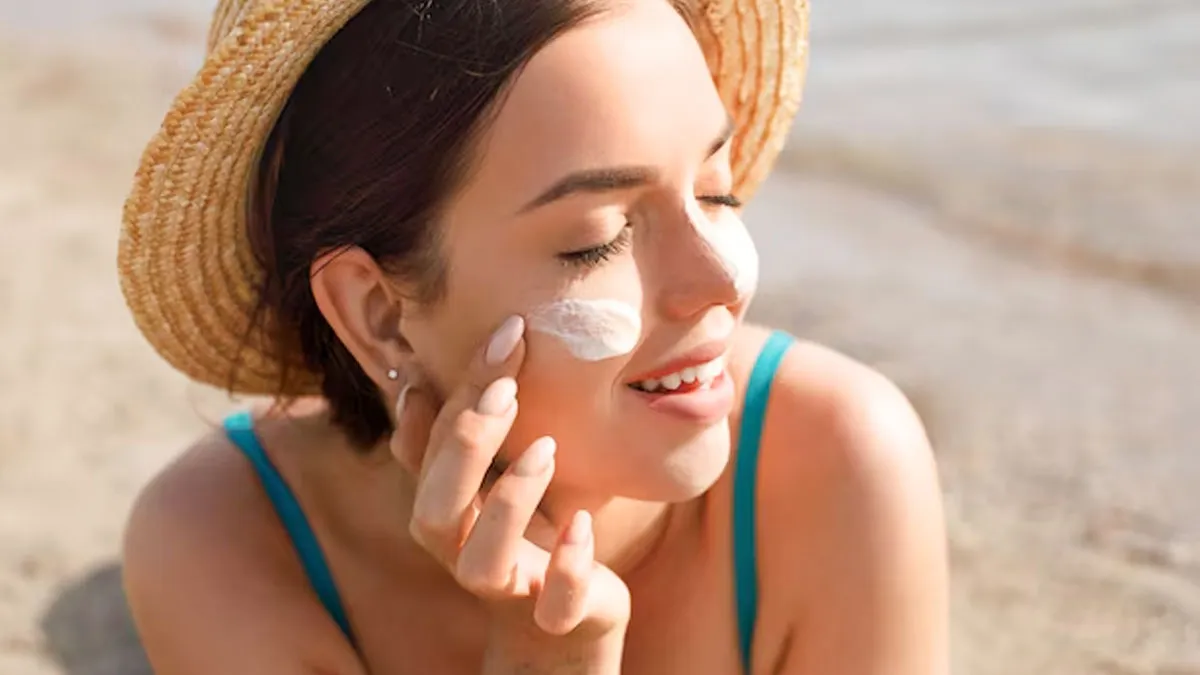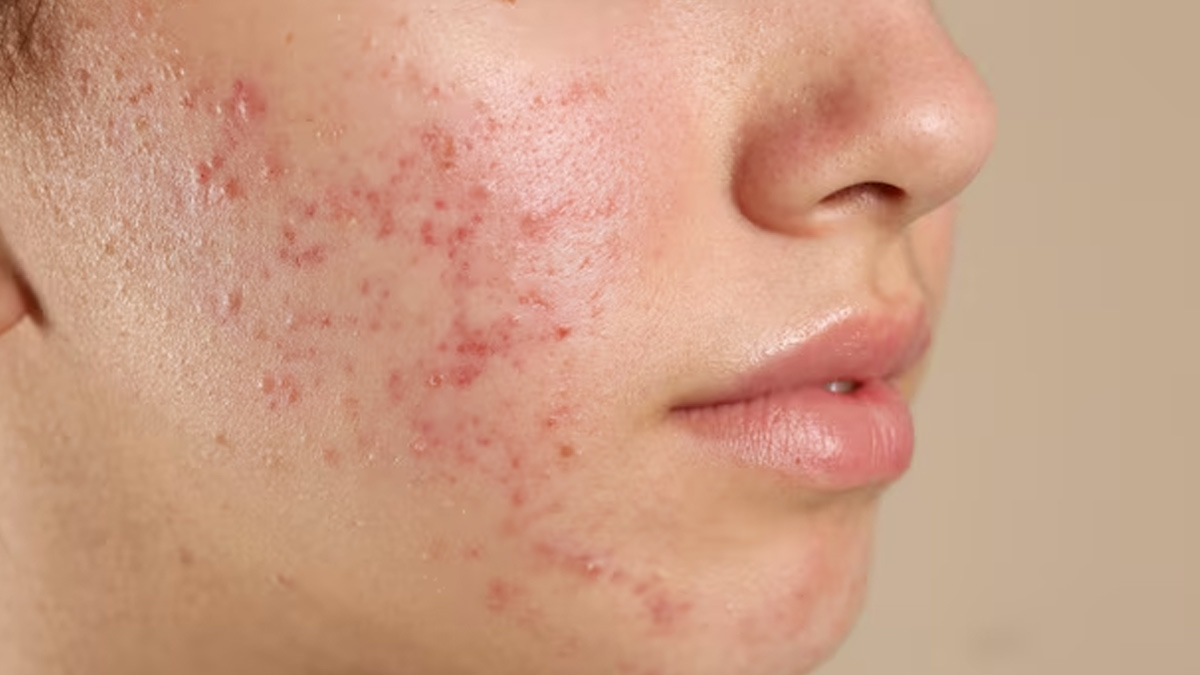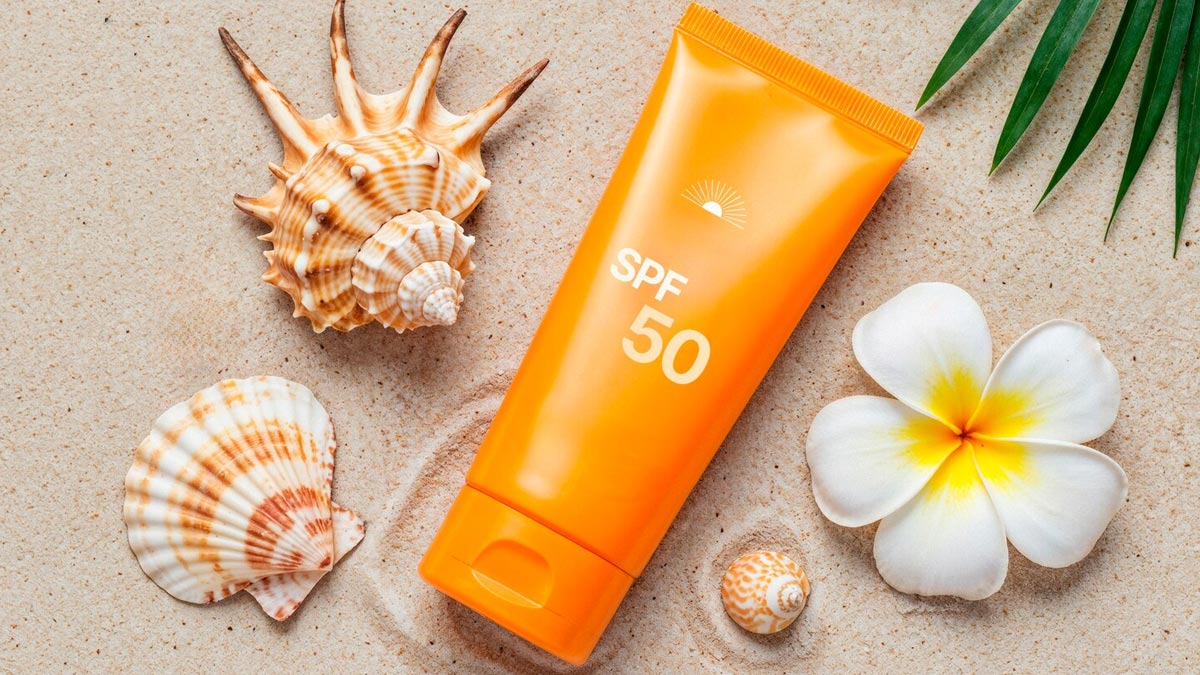
Many people with oily or acne-prone skin face a tricky dilemma: should you apply sunscreen if it sometimes causes pimples? According to Dr Navjot Arora, Consultant Dermatologist, Dermaheal Skin and Clinic, Dwarka, New Delhi, skipping sunscreen is never the answer. Instead, the key lies in choosing the right sunscreen that protects you from harmful UV rays while being gentle on your skin.
Table of Content:-
Can Sunscreen Really Trigger Breakouts?

“Yes, sunscreen can sometimes trigger breakouts or acne, especially if the product is not suited to your skin type,” says Dr Arora. “Many sunscreens contain oils or heavy emollients that may clog pores and lead to pimples, particularly in people with oily or acne-prone skin. Additionally, if sunscreen is not removed properly at the end of the day, the buildup of product, sweat, and dirt can worsen breakouts. However, this does not mean people with acne should skip sunscreen. Protecting the skin from harmful UV rays is very important, and choosing the right formulation can prevent these issues.”
Also Read: Reef-Safe Sunscreen: What It Is, What to Avoid, and Why It’s Important
Ingredients In Sunscreens That May Clog Pores
Certain ingredients are more likely to cause acne flare-ups. Dr Arora points out that greasy or comedogenic components such as mineral oil, petrolatum, certain silicones, and added fragrances can irritate the skin. Some chemical filters like oxybenzone or avobenzone may also be problematic for sensitive or acne-prone individuals.
| Problematic Ingredients | Why They Can Trigger Acne |
| Mineral oil, petrolatum | Heavy and greasy, can block pores |
| Certain silicones | Create a film on skin, leading to buildup |
| Oxybenzone, Avobenzone | May cause sensitivity or irritation |
| Added fragrances | Can irritate and inflame acne-prone skin |
Lightweight, gel-based, or water-based formulations are generally safer choices than heavy creams or lotions.
How To Choose The Best Sunscreen For Acne-Prone Skin
The safest bet for oily or acne-prone skin is a non-comedogenic, oil-free sunscreen. Dr Arora recommends gel-based, fluid, or matte-finish variants that don’t leave a greasy layer. Broad-spectrum protection with SPF 30 or higher is essential, while added ingredients like niacinamide or zinc can provide anti-inflammatory benefits.
Daily cleansing also matters. Gently washing your face at night helps remove sunscreen buildup, reducing the risk of clogged pores.
Does Sunscreen Really Reduce Skin Cancer Risk?

Beyond acne concerns, sunscreen plays a vital role in long-term skin health. Prolonged exposure to UV radiation is a leading cause of skin cancers, including basal cell carcinoma, squamous cell carcinoma, and melanoma.
According to the International Agency for Research on Cancer (IARC), skin cancers are the most common group of cancers diagnosed worldwide, with more than 1.5 million new cases reported in 2022. That same year, an estimated 330,000 new cases of melanoma were recorded globally, and nearly 60,000 people lost their lives to the disease.
“Using sunscreen every day is one of the most effective ways to reduce the risk of skin cancer,” says Dr Arora. He adds that sunscreen also helps prevent premature ageing, pigmentation, and sunburn. Even darker skin tones, which may not burn as easily, still benefit because UV damage accumulates silently over time.
Also Read: The Body Parts You May Miss While Applying Sunscreen
Mineral Vs. Chemical Sunscreens: Which Is Better?
When it comes to acne-prone or sensitive skin, mineral sunscreens generally come out on top. Containing zinc oxide or titanium dioxide, they sit on the skin’s surface and reflect UV rays, reducing the chances of irritation or pore-clogging.
Chemical sunscreens, on the other hand, absorb UV rays into the skin. While older versions were heavier, newer lightweight formulations may suit people with oily skin who prefer a less visible finish.
| Type of Sunscreen | How It Works | Best For |
| Mineral (Physical) | Sits on skin, reflects UV rays | Sensitive, acne-prone skin |
| Chemical | Absorbs UV rays into skin | Normal to oily skin (newer lightweight versions may suit acne-prone skin too) |
Conclusion
Sunscreen doesn’t have to be your skin’s enemy. The wrong product might cause pimples, but the right one can protect you from both acne scars and long-term UV damage. The key is to find a sunscreen that works for your skin type and to use it consistently.
Also watch this video
How we keep this article up to date:
We work with experts and keep a close eye on the latest in health and wellness. Whenever there is a new research or helpful information, we update our articles with accurate and useful advice.
Current Version